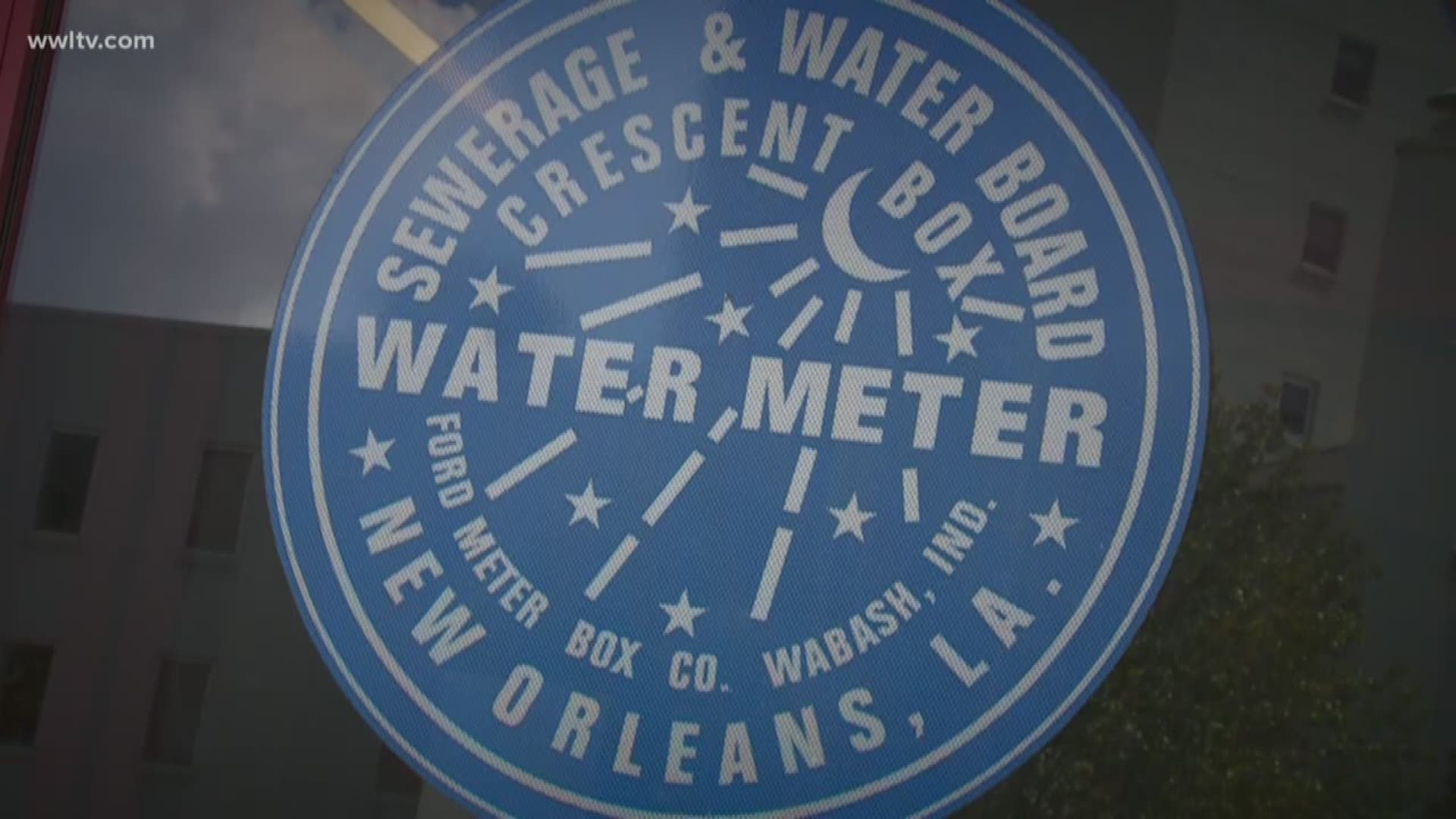NEW ORLEANS — Last month, the Sewerage and Water Board said it was desperate for cash and might need to impose new fees or rate hikes to satisfy the utility’s bondholders.
But this week, the Sewerage & Water Board reported it actually ended 2018 with plenty of cash on hand and had no trouble meeting its bond obligations.
Wait… what?
As The New Orleans Advocate first reported, the Sewerage and Water Board’s new financial team told the board’s finance committee Wednesday it found $25 million sitting in two accounts that were mistakenly marked “restricted.” In addition, another $21.9 million in reimbursements from FEMA came in to the S&WB in December to help the board meet its bond obligations.
The bonds require the S&WB to have at least 90 days of cash on hand in its Water and Sewer departments. With that influx of cash in December, they ended the year with 178.1 days cash on hand for Sewer and 179 days cash on hand for Water.
After hearing the S&WB cry poverty for several months, City Councilman Joe Giarrusso was relieved that the financial condition wasn’t as dire, but he was not amused by the uncertainty.
“I think people just want to know what’s being collected and what’s it being spent on,” he said. “And it’s news that you keep on finding money in the couch cushions. It’s not sitting well with (the public).”
But Sewerage and Water Board spokesman Rich Rainey said the rosier finances on Dec. 31 don’t mean there’s not still a big money crunch at the utility. The board’s Drainage Department had to borrow money from the board’s separate Water and Sewer departments in order to pay for $85 million in emergency improvements to pumps, power and manpower following the 2017 floods, and that bill’s coming due.
Rainey said the drainage system has continued to borrow $26.5 million from the two other departments through the first five weeks of 2019 alone. At that rate, the Drainage Department could collect its annual tax revenues in March, which typically total about $50 million, and spend it all by May, Rainey said.
The Water and Sewer departments are sustained by customer fees, but the Drainage Department must rely on taxes, which bring in about half of what each of the other two departments collect from service fees.
“We’re working hard to stabilize this critical utility, but we continue to be faced with ongoing, sustained funding challenges that can’t be fixed indefinitely with one-time reimbursements,” Rainey said.

